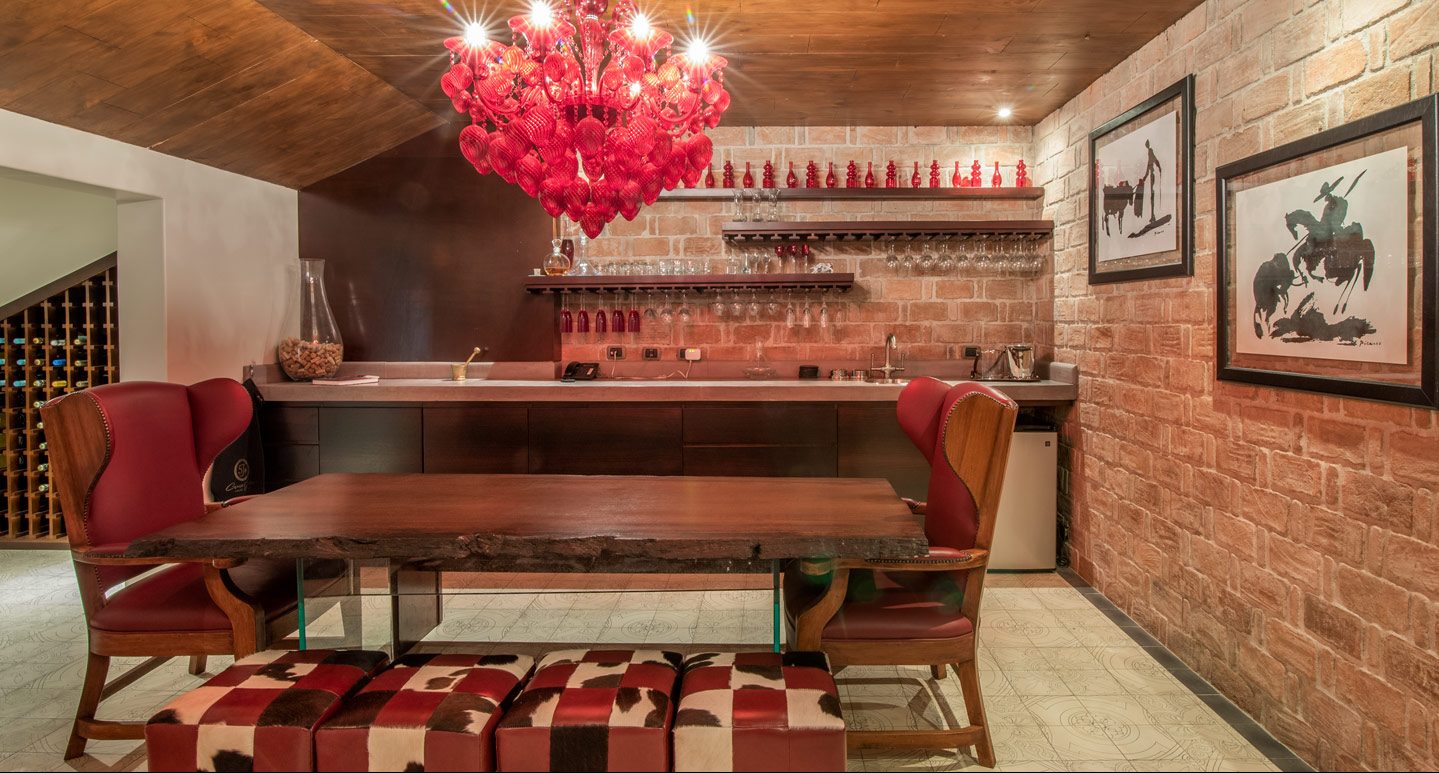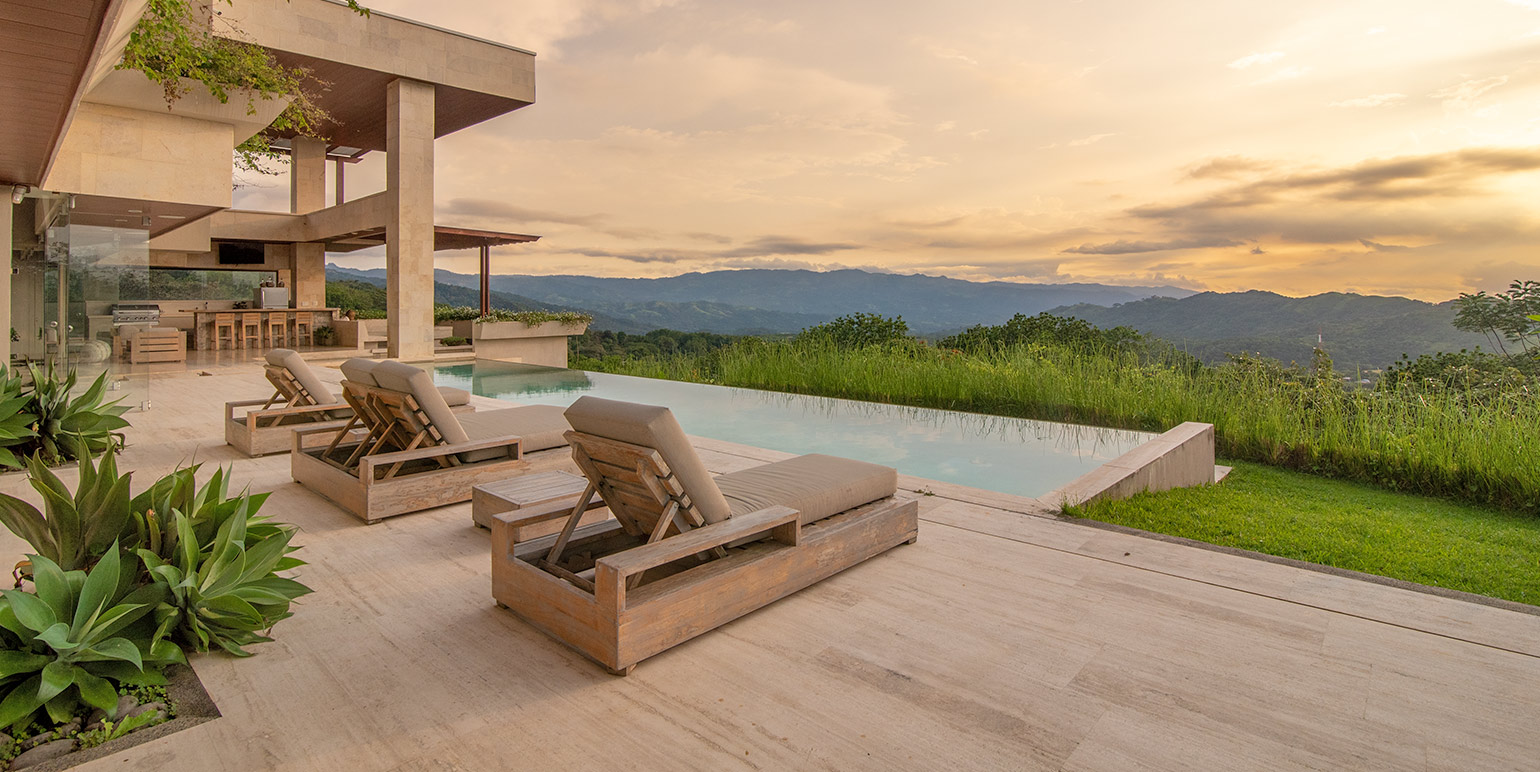LX participated with our global partner, Luxury Portfolio International, to review key insights from the luxury real estate market and how it has changed in recent years. Technology is key when offering a complete experience to expert consumers, therefore, the webinar focused on the aspects to take into account if you want to build a loyal market.
It’s crucial to understand the evolution of the market in order to build trust. In recent years there has been an explosion of wealth and markets have been expanding. We are no longer just talking about investment in real estate but in travel, jewelry, art, and even cryptocurrency markets.
Mickey Alam Khan, President of LPI and founder of Luxury Daily
This diversification gives opportunities to new investors who have never been able to enter the market in a traditional way. The new generations are immersed in global trends and therefore, luxury brands must have 3 main focuses of attention if they want to survive in time: dominance | wide audience with class aspiration | luxury corporation.
Dominance & Trust projections
You have to think outside the box. In the last two years, we’ve seen marketing and investment in branding, retail locations, technology, and experiences, and that talent have paid off for conglomerate-owned or deep-pocketed brands.
Trust can be achieved with product. Non-luxury brands are far superior in their mass market strategies, but high-end brands can offer a deeper and more personal experience.
Mickey Alam Khan, President of LPI and founder of Luxury Daily
People want to feel special; handwritten letters, or personal emails, make people loyal. At the end of the day, marketing is key in the social media business.

High-end brands must diversify by adjusting to current trends and needs. Sustainability and inclusion matter, but the most important thing is to stand out using the correct approach.
Audience Strategies
Luxury buyers know exactly what they want. They know as much or more than the salesperson because they educate themselves. This lifestyle has affected the global luxury market.
Digital platforms can be used to increase the consumer experience and offer sensory stimulation to elevate the brand. The public wants surreal experiences where culture and luxury can be merged.
The use of cell phones today is unprecedented. E-commerce and mobile commerce account for between 25 and 30 percent of overall luxury goods and services revenue worldwide. At the end of the day, you can be present constantly with details, inviting people to be exclusive.

The framework of a luxury brand must offer unlimited potential and imagination. Everything you see must have been curated by legacy, taste, and experience.
Julianne Maurach, Luxury Specialist
Luxury Corporation
Brands need to put more emphasis on their database. That’s the only way you can understand how people behave and therefore give them what they want.
Consumers under 40 drive sales of luxury goods and services worldwide. They want to feel a sense of purpose by belonging. Merchandising and marketing have to blend their appeal for brand relevance and longevity.
Mickey Alam Khan, President of LPI and founder of Luxury Daily
Luxury is not a brand, it is culture. It offers quality and limited distribution and it is a complete experience that should be reserved for a few. To maintain a luxury brand over time, it is necessary to adapt to new realities, taking advantage of digitization to offer class and timeless experiences.








